IRISHMAN, THE
THE IRISHMAN : MOVIE REVIEW
Rating : 3 stars out of 5 ( Good )
Director : Martin Scorsese
Producer : Netflix
English , 2019
You can count on your fingers the number of 75 year young directors who can still knock out a movie that is the stuff of first-day first-show watching. Martin Scorsese can feel time receding and he wants one more big one – one of his favourite genres – the American gangster saga told this time with elaborate and highly expensive period-drama fittings , a run-time well exceeding three hours and not just his fave actor Robert De Niro but also the other Italian-American pezzonovante Al Pacino. Two giants, and just for good measure, throw in other biggies as well. Studios balked at the $ 150 million cost and then an ultra-modern producer – Netflix – stepped in to say to this iconic veteran “ Go ahead, get ‘em all together and do your thing. You deserve it , rock the show ! “
The result is a measured epic, abscissioned of Scorsese’s trademark blitzy razzmatazz, a layered Mafia story bluntly and wryly aware of mortality , of gory death sitting atop imbrued glamour , and retrospection where the past mirrors the present in the unforgiving nature of this world of blood-thirsty goon squads. The only difference with passing time is that the wages of crime accumulate, and then your good friend isn’t your friend anymore, and your family may not want to be with you any longer. The movie is ripe with perspective and this subtly matures as the 210 minutes flow by. Unfortunately, even granting that the movie was never meant to be crisply paced unlike the auteur’s usual scorchers , this understated biggie lacks virtuosity of imagination, inspired direction, memorable visuals or even brilliant acting. The acting is solidly good, admittedly, but legends are not made out of that. Market analysts rightly observed that this movie would have been a major money-bleeder if it was a studio-to-theater conventional release.
The mainly net-streaming service Netflix, if it is business-wise in the coming years , can absorb the hit but cineastes like me regret the twilight glancing bullet-wound this has caused to Scorsese’s fabulous track record.
The story, adapted from the novel ‘I heard you paint houses’ by Charles Brandt ( the title is better than the story ) , starts with Frank Sheeran ( Robert De Niro ) in his ending days, reminiscing. He was never America’s glory boy, opting to wantonly shoot and kill even non-combat men in World War II, and then leveraging that criminal bent of mind to let the mafia steal his cargo as a truck driver in 1950s America. Soon he’s doing murders for them and diligently answering to the tune of his new boss – a mob leader, Russell Bufalino ( Joe Pesci). He gets introduced to Jimmy Hoffa ( Al Pacino) – a famous real-life personality whose credentials as the head of the powerful nation-wide labour union - The Teamsters - were tainted by his criminal associations. Frank remains loyal to Bufalino, while also developing a close bond with Hoffa for whom he becomes a bodyguard. However, Hoffa becomes dangerously stubborn and unwise in his realpolitik decisions, to the point where Bufalino asks Frank to caution Hoffa. Change, or else - “ it is what it is “. Much tension ensues as Frank tries to persuade the recklessly obdurate Hoffa and this last substantial leg of the movie forms its most suspenseful and involving part. Alas, the denouement and the first two-thirds of the movie simply do not have the juice to flesh out what could have been a memorable crime saga.
Script-writer Steven Zaillian , who handed director Tony Scott a hefty stack of dynamite for ‘ American Gangster ‘ , only manages to tweak out a standard-issue yarn which I would have soon forgotten were it not for the fact that the great Scorsese was directing it. Scorsese, for his part, also stumbles and does not realize that this less-than-great script will need to propped up with virtuoso direction the whole point of which is undercut when he’s already decided from the get-go to maintain a relatively subdued narration with less emphasis on physically, emotionally or temporally charged scenes. Editor Thelma Schoonmaker, who powered the director’s ‘Casino’ (1995), ‘Goodfellas’ (1990) and ‘Raging Bull’ (1980) has precious little to do with her brief here.
While not every gangster film should be compared to the “The Godfather”, some comparisons here can highlight where the structure suffers. “The Godfather“ too can be said to have a relatively subdued narration, but it had an impressive charge to its multi-layered opening, and then major plot turns with an initial incident of gun-shooting, then the lead-up in Sicily, then the lead-up to Sonny’s chapter, then another unexpected set-back just before the ending rears up like a phoenix-like horse. Add splendid painting-like cinematography to the mix, and intense myriad performances.
None of this narrative pull, bar a few exceptions, is seen in the “The Irishman“. The opening, whereby we get more familiar with Frank Sheeran (De Niro), is tepid. Jimmy Hoffa ( Pacino) has no arresting charge to his depicted personality – sometimes, he comes across just as a fool who got lucky in life. The Mafia boss, Bufalino, is solidly composed in his measured handling of things but with Scorsese you expect a bit more. There is not a single scene in the first two hours that I could think of as a remarkable one. Then comes the long drawn-out sequence filled with subtle tension involving all three principals – what exactly is one asking of the other and will one of them sleep with the fishes ? It’s slow but cunningly excellent film-making , topped off by a blunt finish and then a sober observant look at a man as he attempts to placate someone over the phone with whatever he can mumble – yup, life can be as back-stabbing, simple and depressing as this.
The ending is bleak, in keeping with Scorsese’s plan to make a gangster saga minus the flash, speed, twist or punch. He thinks, “I’ll show how thankless it can get when filmed as it is“ and also - “What happens to one of these guys when they get old ?“. We see it as it is, no doubt. Yes, it’s sobering and humbling – at many points, a geriatric mafia picture whose priorities are different from the usual mob-flick.
Cinematographer Rodrigo Prieto has a robust list of gorgeously photographed pictures, but his sepia palette here is unimaginatively dull – another downer in a downbeat steamer. Robert De Niro logs a solid turn as a journeyman criminal who stays true to what he believes in, but save a few moving nuances, it is not a patch on his great acts. Joe Pesci’s senior mafia-boss persona is expressly designed as a polar opposite of the hopelessly loose canon in his ‘Goodfellas’ and ‘Casino’, and while it is a consistently no-nonsense, phlegmatic turn, don’t expect it to leave even a quarter of the electrifying mark seared in by his acts in the latter two. Of all of Al Pacino’s performances I’ve watched, this one is amongst the least impressive, notwithstanding the fact that he was 77 during production. His Hoffa is more of a regulation headstrong bigshot – an inadequately developed role only rarely teased out to a higher level by an otherwise tremendous actor working for the very first time in half a century with an otherwise tremendous director.
Then what really are the movie’s strengths ? It’s the only gangster movie I recall which is so brutally, wryly honest in promptly declaring the eventual fate of its mobsters. A variety of rascals are introduced and we get a written introduction as to who they are and how they died - “shot three times in the head “ , “ stabbed a half dozen times in the back” , “gunned down while coming out of his house“ . ‘Tis sobering and also darkly hilarious, especially if a goomba in the making is trying to get inspiration from watching these glamorous goons on-screen. Scorsese has always been gifted with humour and it is amusingly refreshing to at last read one mafioso’s intro which says, “well-liked by all, died of natural causes” ! Similar comic touch surfaces when the under-trial Hoffa, after a dubious incident, pontificates in open court about how you lunge at a man with a gun, but run away from a man with a knife ! (useful advice for crooked magistrates). There is the magnificent if resolutely low-key joy of seeing De Niro and Pacino share the blessed screen. And there’s that slyly juiciest hunk of this mostly dry movie mentioned earlier. So it has its moments here and there, whereas I was expecting one of my all-time fave auteurs to dot them all over the place. Regardless, God bless his soul now at 77 – “does not die, but lives on with eternal cine glory”.
UPN
UPNWORLD welcomes your comments.

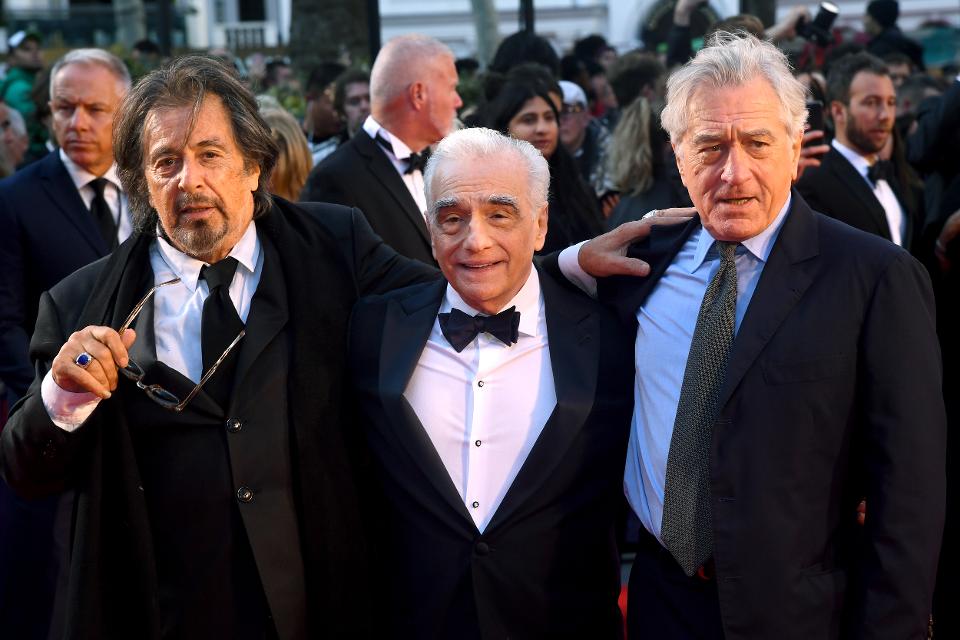
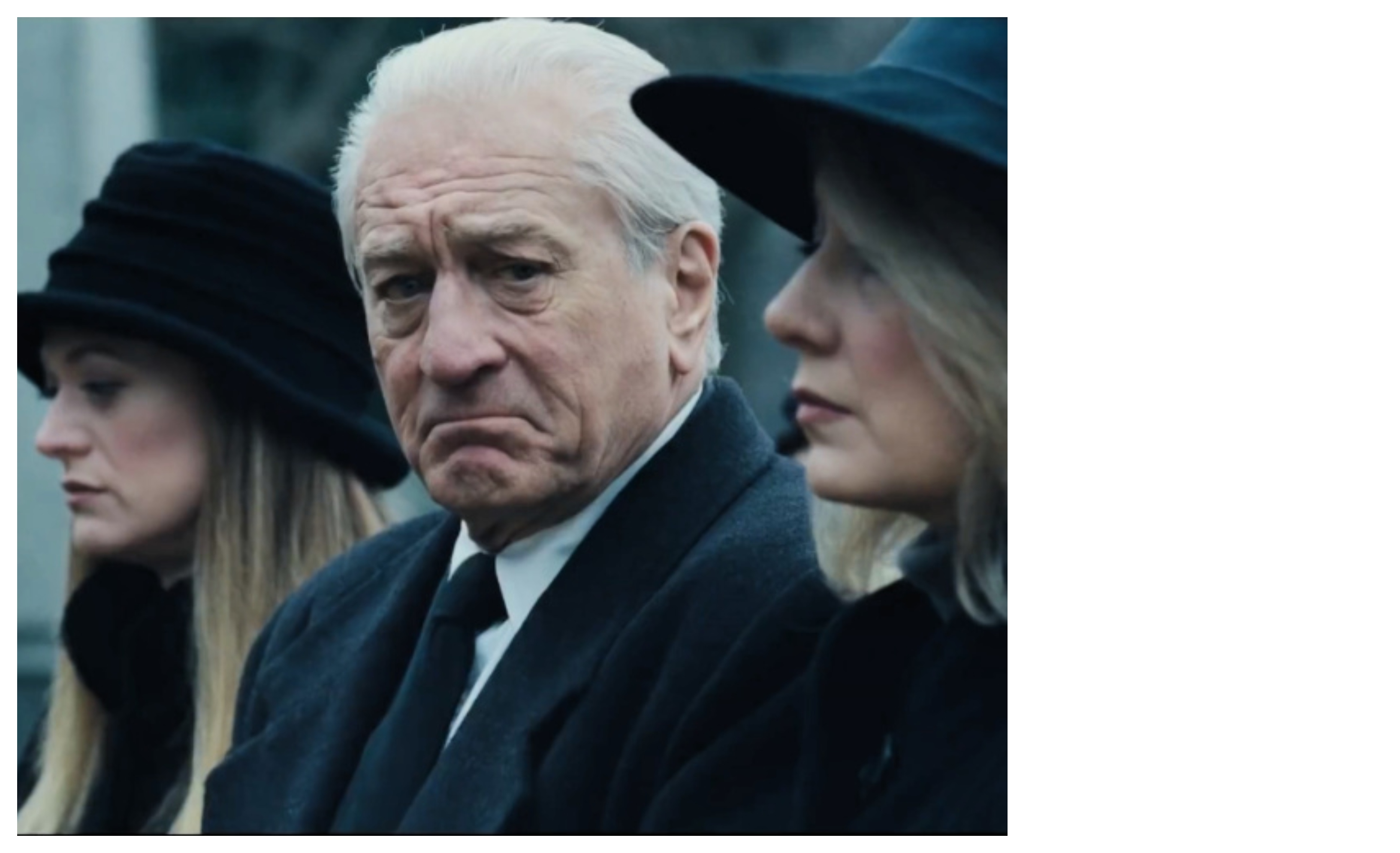
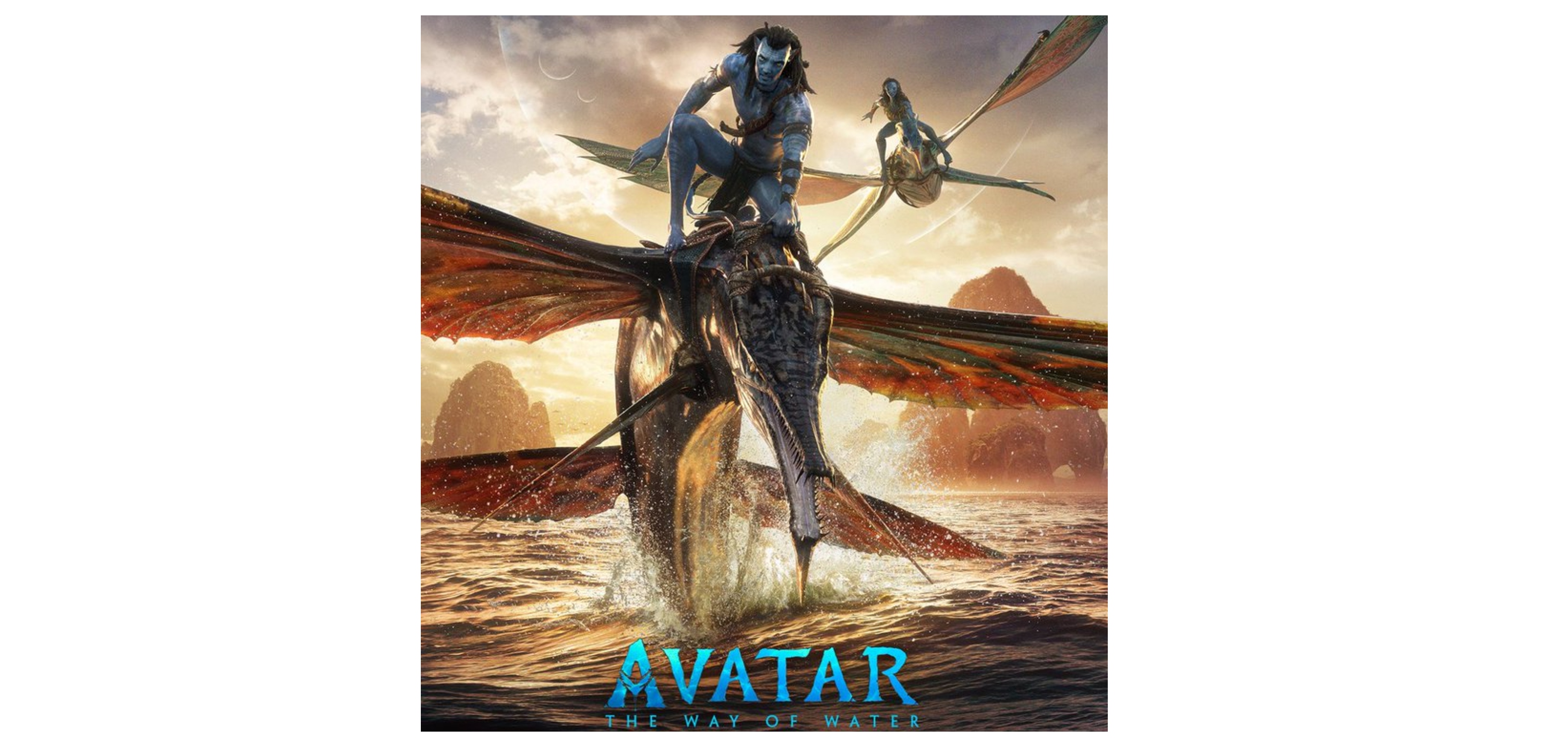
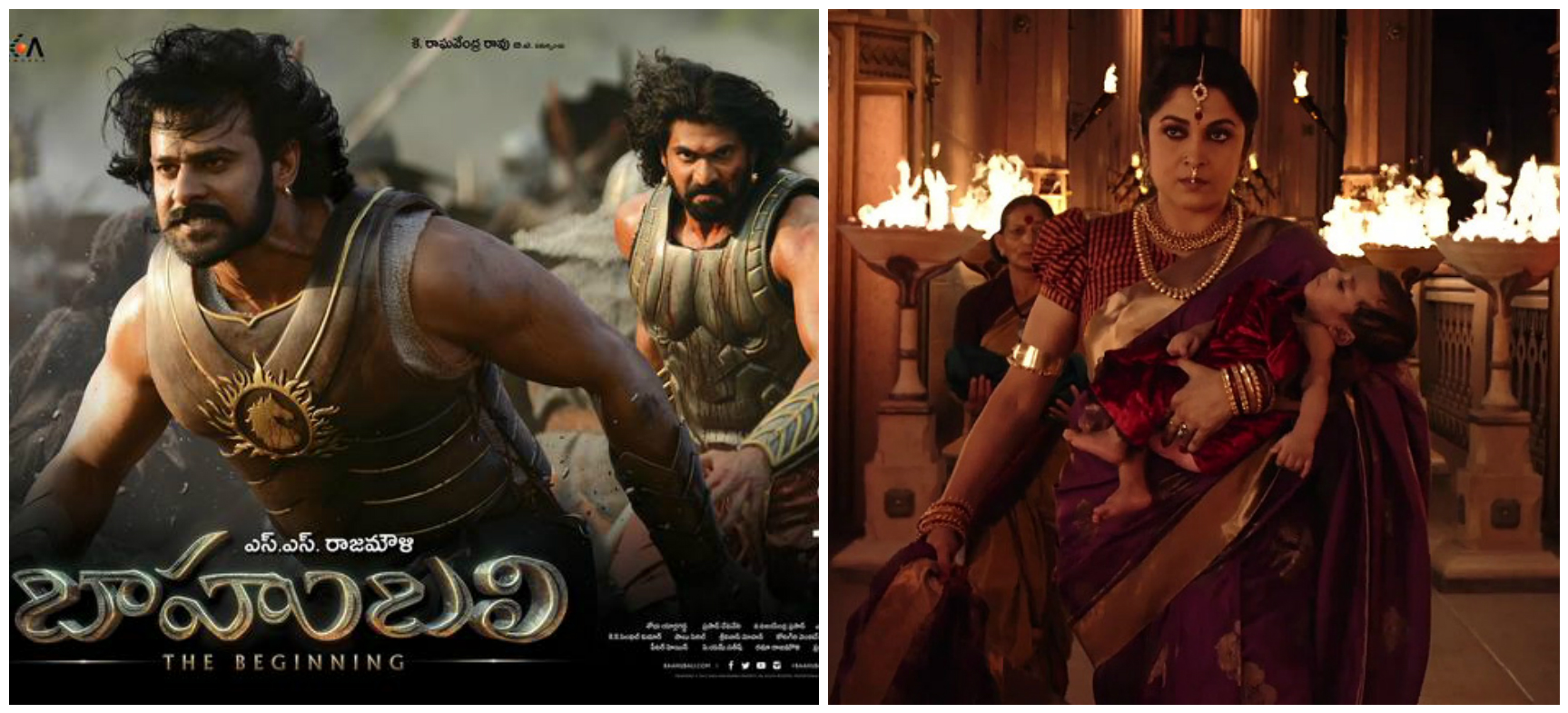
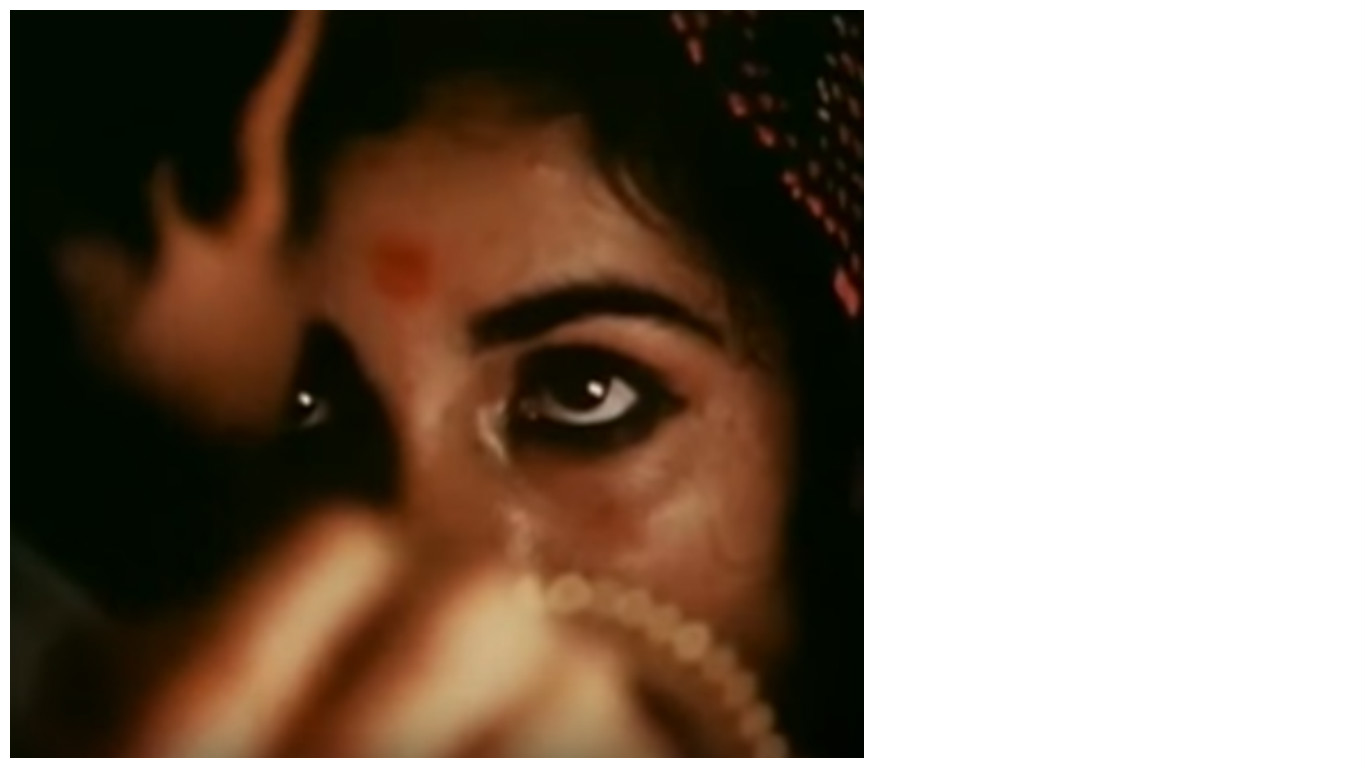
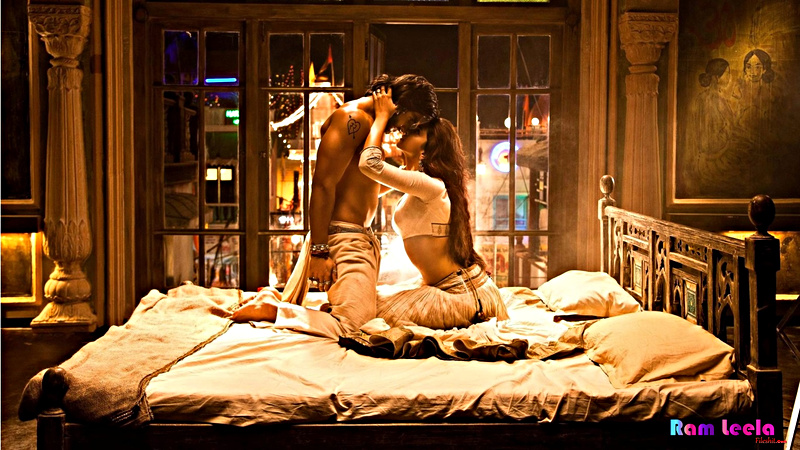




0 COMMENTS
WRITE COMMENT